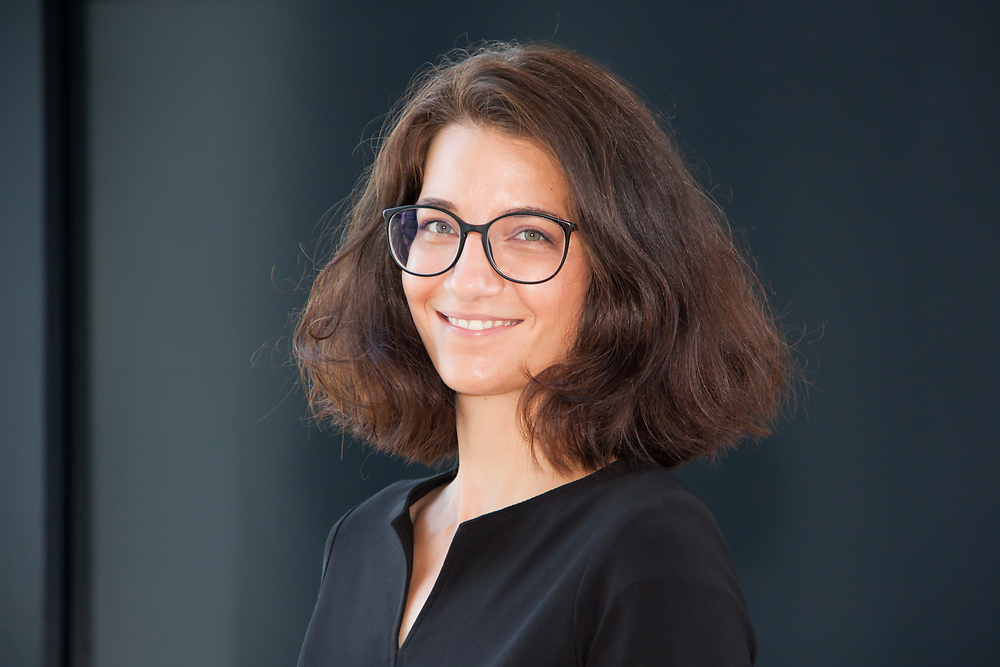August 30, 2022 | News | Welcome to the MPIDR
Nicole Hiekel Leads the new Research Group Gender Inequalities and Fertility

© MPIDR
The MPIDR launched a new Max Planck Research Group, “Gender Inequalities and Fertility”, led by MPIDR Researcher Nicole Hiekel. She was an Assistant Professor at the Department of Sociology and Social Psychology at the University of Cologne before doing research at the German Youth Institute in Munich. What she likes about Rostock is that there is usually a fresh breeze blowing around her nose.
What question drives you most in your research?
Relationship trajectories have become more turbulent and families more diverse. A central task of my research group "Gender Inequalities and Fertility" is to work out how this increased complexity affects the life courses of women and men and what explains systematic differences between the sexes. Such a comparative perspective on the interplay of decisions about family formation and extension, separation, and re-partnering will enrich the demographic research landscape and expand our knowledge of the extent to which processes of social change produce and reproduce social inequalities, but are also driven by them.
What are you particularly looking forward to as you start working at MPIDR?
I have been very warmly welcomed at the Institute and really appreciate the enthusiastic work climate. I look forward to working with my fellow researchers. As a new group leader, I especially appreciate that the Institute's administration supports me in my new role in a very reliable and professional way.
One more thing: From my desk, I look out over the Warnow River, and I am sure that I will not get tired in the years to come of the magnificent view of the rippling water and the passing sailboats, motorboats, excursion ships, and kayaks.
What do you like most about Rostock?
I'm still very new to Rostock and use the summer evenings to walk around in the city. The size of the city is perfect for that. I like that there is usually a fresh breeze blowing around my nose. In the KTV, a city quarter of Rostock, there are many cafés and restaurants with terraces that are well frequented in the evenings.
What are you obsessed with at the moment besides demography?
I haven't done much sports in the last two years, and now I am rediscovering my enthusiasm for a wide range of activities. There is a bouldering gym not far from the MPIDR that I visit regularly. There are parallels between climbing and scientific work. You have a goal in mind, but the path to it is not always the shortest. Stubbornly sticking to a strategy costs a lot of energy in the best case, and simply doesn't work at all in the worst case. In both climbing and my scientific work, and despite all the thoroughness and seriousness that both demands, I try not to lose sight of the playful and explorative.